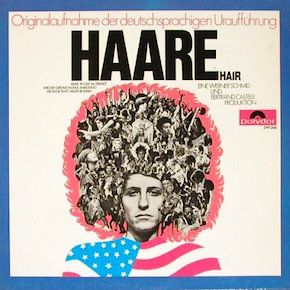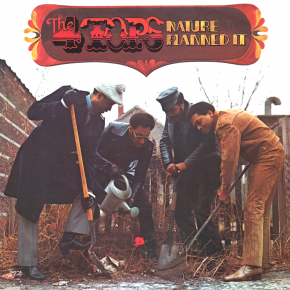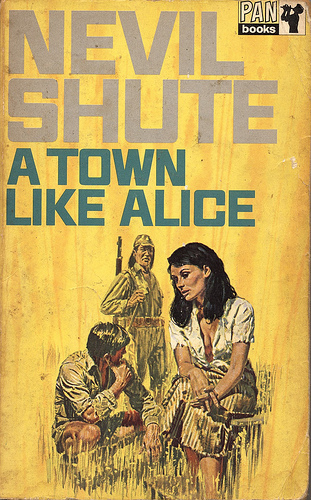
Episode 186: Dead End (My Friend)
 Is there anything worse than romantic rejection when you’re at an impressionable age? Well, is there?
Is there anything worse than romantic rejection when you’re at an impressionable age? Well, is there?
When a ‘No’ in romance is not talked about, or brought to the light, but it just sits there, you never get healed. Never, ever, ever.
Time does not heal all wounds. (The Four Tops expressed this perfectly in their 1972 single, “I’ll Never Change”.) Point is, if a romantic rejection is not somehow abreacted and brought into the light — and among Christian young people, it rarely is brought into the light — there are hundreds of thousands of romantic martyrdoms out there — the pain will never go away.
This cast concerns romantic rejection, with a side-bar on professional rejection. There are three examples of never-ending hurt and one example of “break on through to the other side” (The Doors).
Oh, and the Law tells you not to wound others. Kind counsel, yes, but it won’t prevent you from doing it. The Gospel tells you you’re still loved and accepted when you are the woundee. Grace in practice is about the woundee, not the wounder.
Episode 187: Norwegian Wood
 Nevil Shute (1899-1960), whose real name was Nevil Shute Norway,
Nevil Shute (1899-1960), whose real name was Nevil Shute Norway,
was a popular British novelist. His most famous novels were A Town Like Alice (1950) and On the Beach (1957).
In mid-career, Shute, who was an aeronautical engineer by training and first love, a novelist only at night — until he became so successful that he could give full time to writing — began to underline a theme that is both odd and heuristic. He began to think on paper about what might have happened to people before they were born that could help explain something of their repeating tragedies and sufferings.
Shute was a practicing member of the Church of England, and later of the Anglican Church in Australia — he contributed half of the money for a new edifice for his local parish church outside Melbourne, and after he died, his widow gave the church a new and visually striking baptismal font in her husband’s memory. But in his quest to understand people compassionately, Nevil Shute sought for understanding wherever he could find it, from Bahrain to North Queensland to Burma to Southampton. His spiritual interests, in other words, were catholic in the true sense, while being rooted in Christianity, from which he never departed.
Whether you call it Divine Providence — which is the underlying theme of A Town Like Alice — or the influence of a prior life on the hero — as in An Old Captivity — or the influence of your present life on a future life — positively, as in my personal favorite of Shute’s novels, In the Wet — something is always going on, in the coming and going of human generations, that is beyond the apparent. Shute seemed to get a sort of glimpse into the Big Picture of the lives he described. You feel sometimes in Shute that he has “pierced the veil”. (Tarkington is able to achieve the same effect at the end of The Magnificent Ambersons.)
This short cast looks at the “wild card” in the work of an otherwise mainstream writer. Handle it gently, for there may be something there.

COMMENTS
Leave a Reply












